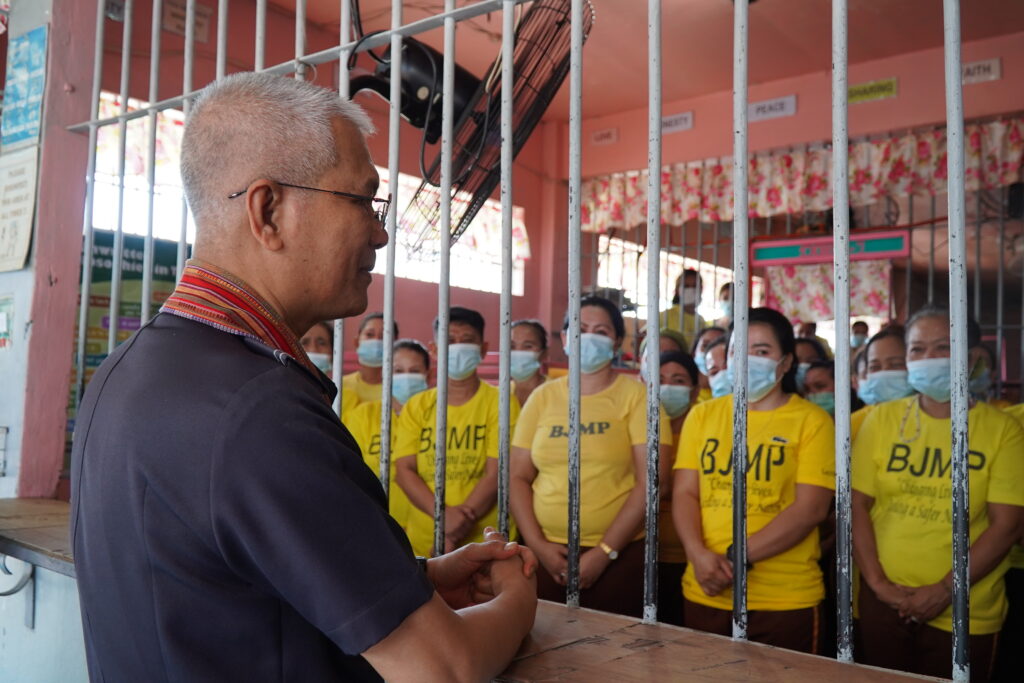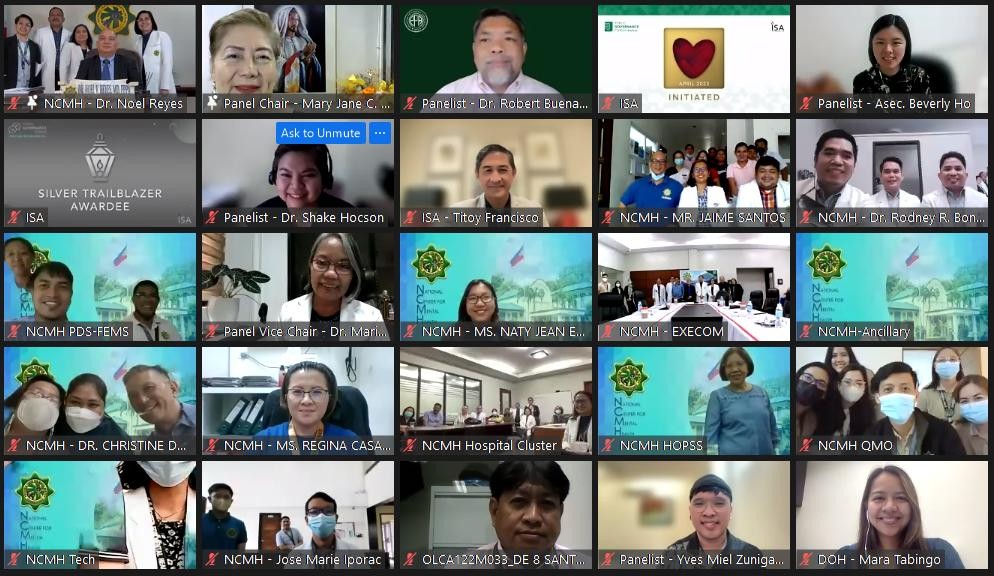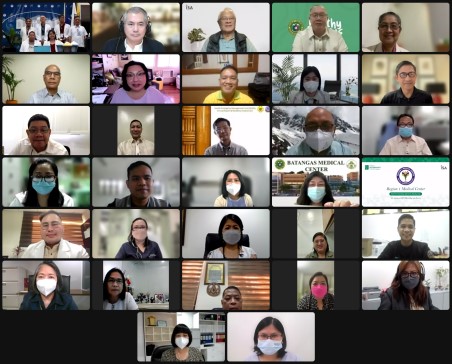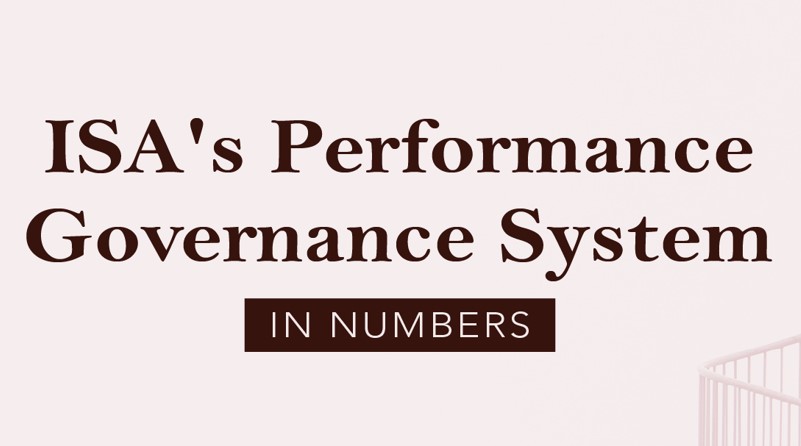Finance and business leaders launched on Monday the Performance Government System (PGS) scorecard for government agencies and local government units (LGUs) that seeks to address corruption, improve services and attract investments in the country.
The Institute for Solidarity in Asia (ISA) handles the PGS scorecard, a system patterned after the Balanced Scorecard of the Harvard Business School, where government agencies and LGUs will be rated based on their development goals and sustainable governance mechanisms.
Guillermo Luz, a fellow of ISA and cochairman of the National Competitive Council, said the PGS scorecard also assesses preparedness of each city or municipality to respond to natural disasters and calamities.
The PGS helps local leaders to shape the image of the community and set development tracks, based on the natural resources, work force and infrastructure of their respective areas. These include the ability of LGUs to respond to challenges such as water and health sanitation, and tourism development.
“It’s a very dynamic and progressive system, where the agencies and LGUs will be encouraged to deliver services better so they can attract investments and create jobs and livelihood opportunities for their people,” Luz told the BusinessMirror on Monday at the sidelines of the Public Governance Forum at the Philippine International Convention Center.
The PGS has four governance stages, namely, initiation, compliance, proficiency and institutionalization.
So far, San Fernando City in La Union is gearing for the fourth stage of institutionalization, as it aims to become Northern Luzon’s Center for Health and Wellness by 2020 through increasing the number of model barangays and setting itself as an ideal business location for health and wellnesss enterprises.
Luz said the PGS scorecard system will also help LGUs and government agencies to manage their annual budget through efficient planning for programs.
The Department of Budget and Management had earlier raised concern on the more than P600-billion unutilized budget in 2014 due to the lack of proper planning by key spending agencies and LGUs.
He said the PGS system will also help agencies and LGUs manage their fiscal allocation efficiently through planning and proper implementation of programs.
Meanwhile, two LGUs—Bislig City in Surigao del Sur, and Municipality of Dinalupihan in Bataan—are now on the initiative stage of PGS. Bislig City is gearing toward becoming a model city for organic agriculture, while Dinalupihan aims to become the primary wholesale trading center for agro-based and manufactured goods.
National agencies, such as the Philippine Air Force, is now on the second stage of compliance for PGS scorecard with its modernization efforts, while the Armed Forces of the Philippines is set for the third stage of proficiency as it aims to improve humanitarian assistance and disaster-response programs.












